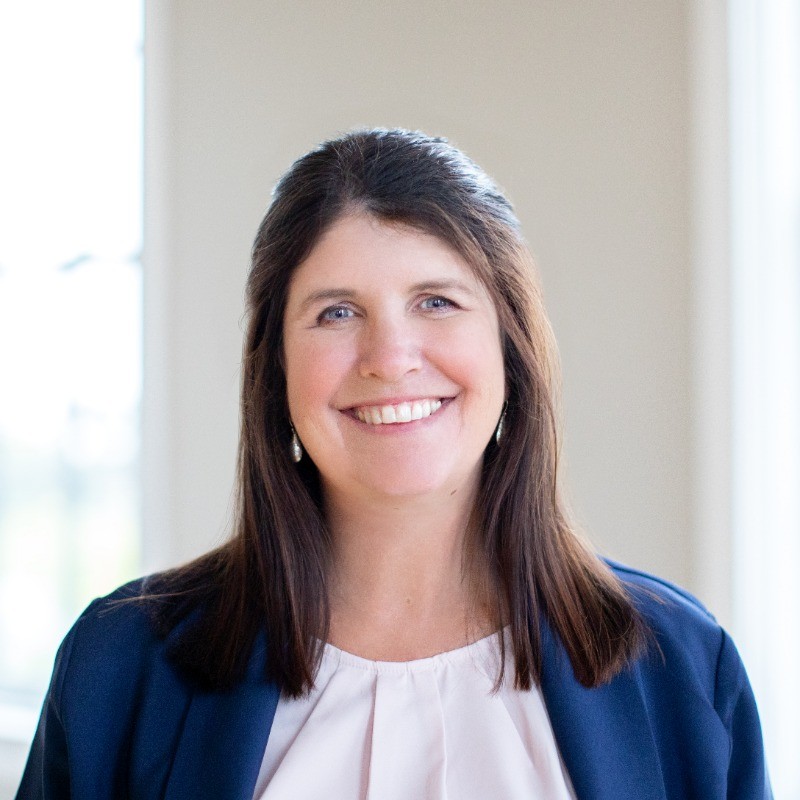Operational vs. Trust Accounting in Vacation Rental Management: How to Avoid Costly Mistakes
Essential insights and practical advice to help you avoid common pitfalls, maximize efficiency, and safeguards your business
Key takeaways from our recent webinar featuring: Deana Williams, Accounting Consultant | Hosted by Darren from Topkey
When vacation rental managers say “my accounting is a mess,” what they often mean is: “I don’t know how to separate what’s mine from what belongs to my owners or my guests.” That confusion can be dangerous. It can lead to overpaying taxes, missing reimbursements, regulatory issues, and a general feeling of “I’ll figure it out later.”
In this webinar, Darren from Topkey sits down with Deana Williams, a seasoned accounting consultant, to break down the critical differences between trust accounting and operational accounting and how understanding both can protect your business from major risks.
Meet the Expert: Deana Williams
Deana didn’t set out to become an expert in trust accounting. Like many in the vacation rental space, she “fell into it” when asked to learn trust accounting on the job. What followed was years of research, hands-on practice, and eventually a consulting career helping vacation rental managers untangle financial chaos.
Today, she helps companies clean up their books, stay compliant, and create financial systems that scale.
Trust Accounting vs. Operational Accounting: What’s the Difference?
“As a vacation rental manager, you’re not just managing homes, you’re managing other people’s money.” – Deana Williams
That statement sums up the core distinction:
- Trust Accounting tracks money that doesn’t belong to you. Think guest payments, owner income, cleaning fees collected, and tax liabilities. These are liabilities, not income.
- Operational Accounting reflects the financial health of your business—your income and expenses, like commissions, employee payroll, rent, and office supplies.
Keeping those two streams completely separate is essential for accurate reporting, tax compliance, and, most importantly, avoiding costly errors.
Why It Matters: Real-World Risks
The importance of separating trust and operational funds became painfully obvious during the early days of COVID-19. Guest cancellations flooded the system, and property managers who had co-mingled funds struggled to issue refunds. Some had spent money that wasn’t theirs to spend.
Natural disasters, sudden owner departures, or market disruptions can lead to similar scenarios. Deana’s takeaway: never use trust funds to run your business. That’s a fast track to insolvency, or legal trouble.
Best Practices for Trust Accounting
If you're handling trust funds, follow these key guidelines:
1. Use the Right Software
Whenever possible, use property management software (PMS) that supports full trust accounting and reconciliation. Your PMS should allow you to:
- Track incoming guest payments
- Create owner statements
- Reconcile trust bank accounts
- Manage disbursements to vendors, owners, and tax authorities
2. Keep It Off the P&L
Trust transactions should only live on your balance sheet - never on your profit and loss (P&L) statement. That means:
- Assets: Guest receivables, trust bank accounts
- Liabilities: Owner payouts, taxes owed, refundable deposits
No income. No expenses.
3. Don’t Let Automation Mislead You
Accounting tools like QuickBooks often default guest payments to income. If you’re not careful, you’ll overstate revenue and overpay taxes.
“I’ve seen property managers unknowingly recognize advanced deposits as income and it’s cost them thousands.” – Deana
Operational Accounting: Building a Clear P&L
Once you’ve properly moved earned income from the trust account to your business account, operational accounting begins.
Key components:
1. Match Income to Services
Record management commissions, cleaning fees, and other ancillary revenue as earned income in the month services are rendered, not when payments were made.
2. Use Cost of Goods Sold (COGS) for Clarity
COGS helps you track the direct costs of earning revenue. For example:
- Cleaning fee revenue → Cleaning labor and supply costs
- Credit card processing fees → Merchant fee expenses
This makes it easy to see if you’re turning a profit on each service.
3. Keep It Simple
Use a clean chart of accounts with logical categories that match your PMS. Don’t overcomplicate with too many subcategories, you’ll just create more room for error.
Expense Management & Owner Reimbursements
Owner reimbursements are a huge pain point. Whether it's a light bulb or a plumbing repair, expenses often get missed or misallocated.
Topkey helps solve this by:
- Making purchasers select a property at time of purchase
- Requiring receipts and memos
- Syncing expenses to the PMS and owner statements
This prevents what Deana calls “leakage” - uncaptured reimbursements that quietly erode your margins.
Scaling With Efficiency
Deana emphasizes that efficiency is everything as your business grows. She offers a few high-impact tips:
- Automate wisely: Use tools like QuickBooks rules, but audit them regularly.
- Download, don’t PDF: Reconcile transactions in Excel instead of scanning PDFs line-by-line.
- Invest in tools: Topkey for expense management. Keeper or LastPass for secure passwords. QuickBooks Online for its speed and AI categorization.
“Reconciliation shouldn’t take all day. With the right tools, it should take 10 seconds.” – Deana
Choosing the Right Tools
Deana recommends asking the following when evaluating software:
- Can I reconcile the trust account within the software?
- What do owner statements look like?
- How are owner reimbursements handled?
- Are tax disbursement reports clear and compliant?
And on the operational side, she remains a fan of QuickBooks Online for its flexibility and AI-driven categorization.
Final Takeaways
Trust and operational accounting may not be glamorous, but they are the financial backbone of any vacation rental business. Get them wrong, and you risk everything from audit penalties to insolvency. Get them right, and you gain clarity, confidence, and control over your future.
Learn More
Want to simplify your financial operations? Visit topkey.io to see how we help vacation rental managers automate bookkeeping, manage expenses, and stay audit-ready.
About the speakers
Moderator
Darren Carter is the Head of Demand Generation at Topkey, the leading platform for helping property managers automate their finances. Before joining Topkey, he spent over 13 years at various technology companies, specializing in fintech and startups, including founding and selling his own company in 2020. He lives in Boulder, CO, with his wife, puppy, and soon-to-be-born baby daughter.

Speaker
Leading expert in Vacation Rental Trust Accounting






